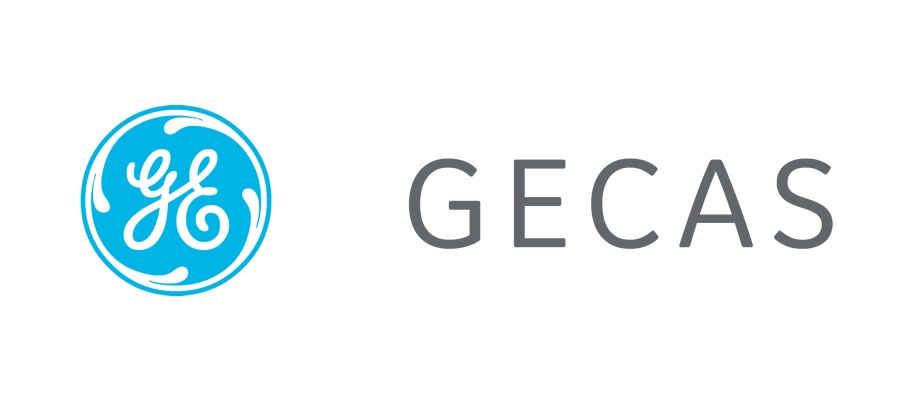GE has reported a fall in second quarter revenues by 24% to $17.7bn, down 20% on organic revenue to $16.3bn. Both GE Aviation and GE Capital Aviation Services (GECAS) have been hit hard by the global pandemic.
“Many of the drivers we saw in March: airlines, conserving cash, not flying the planes they have, limiting maintenance spend and deferring orders, are still relevant today,” said GE Chairman and CEO H. Lawrence Culp, Jr., on the GE earnings webcast. “We're aggressively managing these businesses with costs and cash actions and partnering closely with our customers on a daily basis.”
GE Aviation reported a 56% reported fall in orders for engines to $3.7bn, driven by COVID-19 pressures as well as the 737 MAX grounding; with services down by 51% as fleets are grounded and maintenance work delayed. Revenues felt by 44% to $4.4bn.
GE confirms that, as of June 30, 2020, it had approximately $2.8 billion of net assets ($5bn of assets and $2.2bn of liabilities) related to the 737 MAX program that primarily comprised Aviation accounts receivable offset by progress collections and GECAS pre-delivery payments and owned aircraft subject to lease. The company has not made any impairment charges related to the 737 MAX aircraft, since it says it “continue to believe these assets are fully recoverable” and is monitoring the aircraft’s return to service.
GE Aviation is working to streamline operations to reduce costs and preserve cash, this includes aligning production rates, a freeze on hiring and salary increases, as well as reduction in capex and the permanent reduction of its total global workforce by 25%. Culp confirmed that to date, the workforce has been reduced by 5,400 in the second quarter.
GE Capital revenues decreased by 20% to $500 million in the second quarter, as a result of volume declines, primarily at GECAS related to lower interest income attributable to the sale of PK Air Finance and lower rental revenue, and lower gains. GECAS has confirmed that approximately 80% of its customers are seeking short-term deferrals, with approximately 60% of those requests being approved.
As of June 30, 2020, GECAS owned 965 fixed-wing aircraft, with 17 off lease.
On the earnings call, Culp stated: “Importantly, we're starting to see customers pay on these deferral plans. At quarter end, we had 17 aircraft on the ground. We have a daily operational dashboard that allows us to closely monitor developments, ensuring that customer by customer, we have line of sight on where we may have repossession or restructuring exposure.”
The GECAS team is preparing for further deferral requests for the third quarter and also for an increase in restructurings and possible repossessions. GECAS usually performs a detailed annual portfolio review in the third quarter but it accelerated this review in the past quarter to focus on those leases at higher risk of repossession, which was approximately 20% of its portfolio. This analysis resulted in a pre-tax impairment of $300 million during both the three and six months ended June 30, 2020, on the GECAS fixed-wing aircraft operating lease portfolio, due to declining cash flow projections of the future collectability of rents on aircraft and engines currently under contract related to market impacts resulting from the pandemic. “We will analyse the remaining portfolio as part of our annual third quarter impairment review process. Continued deterioration in cash flow projections, including current rents, downtime, release rates and residual assumptions could result in future impairments in the operating lease portfolio,” says GE.
Culp confirmed that GECAs is continuing to actively manage its skyline orderbook to “better align with customer demand and the airframers production schedules”. He added that the GECAS portfolio is more diverse today than prior downturns, with 60% narrowbody aircraft and less than 30% widebody aircraft. “The widebody asset class has been hit hard during the pandemic, but we're being strategic around future placements and programs like cargo conversion help extend the life of these aircraft,” said Culp, pointing to GECAS and Israel Aerospace Industries (IAI) Boeing 777-300ERSF freighter conversion program, which GECAS provided the prototype aircraft for in June.
Although GE is planning for a steep market decline this year and likely a slow multi-year recovery, long-term Culp maintains that the aviation market “has solid fundamentals and we're committed to protecting the future of this business and our leadership position within the industry”.

